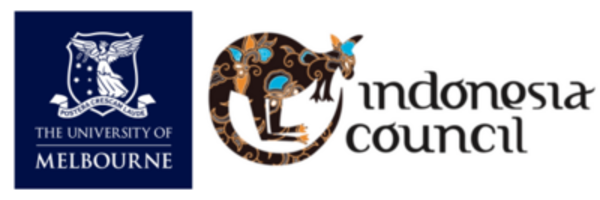Talk Description
This study aims to accentuate the extent to which the ongoing border disputes between Indonesia and Timor Leste challenges the essentialist, state-centric approaches to conflict resolution. It does so by foregrounding the important yet underappreciated role of indigenous communities (masyarakat adat) and their customary laws (hukum adat) in resolving border disputes. This study, which employs an ethnographic approach and complements it with policy and media analysis, gathered data from 2018 fieldwork at the Indonesia-Timor Leste borders as well as current insights from 2024. The findings reveal that the role of indigenous communities and their customary practices has been crucial in decreasing tensions. Traditional clan meetings, land-sharing agreements, and other traditional customs fit the everyday lived-experiences of indigenous communities better. This study contributes to the importance of decolonializing conflict resolution narratives and practices by emphasizing indigenous knowledge systems and agencies as prominent instruments to reimagine everyday international relations in the Global South.
